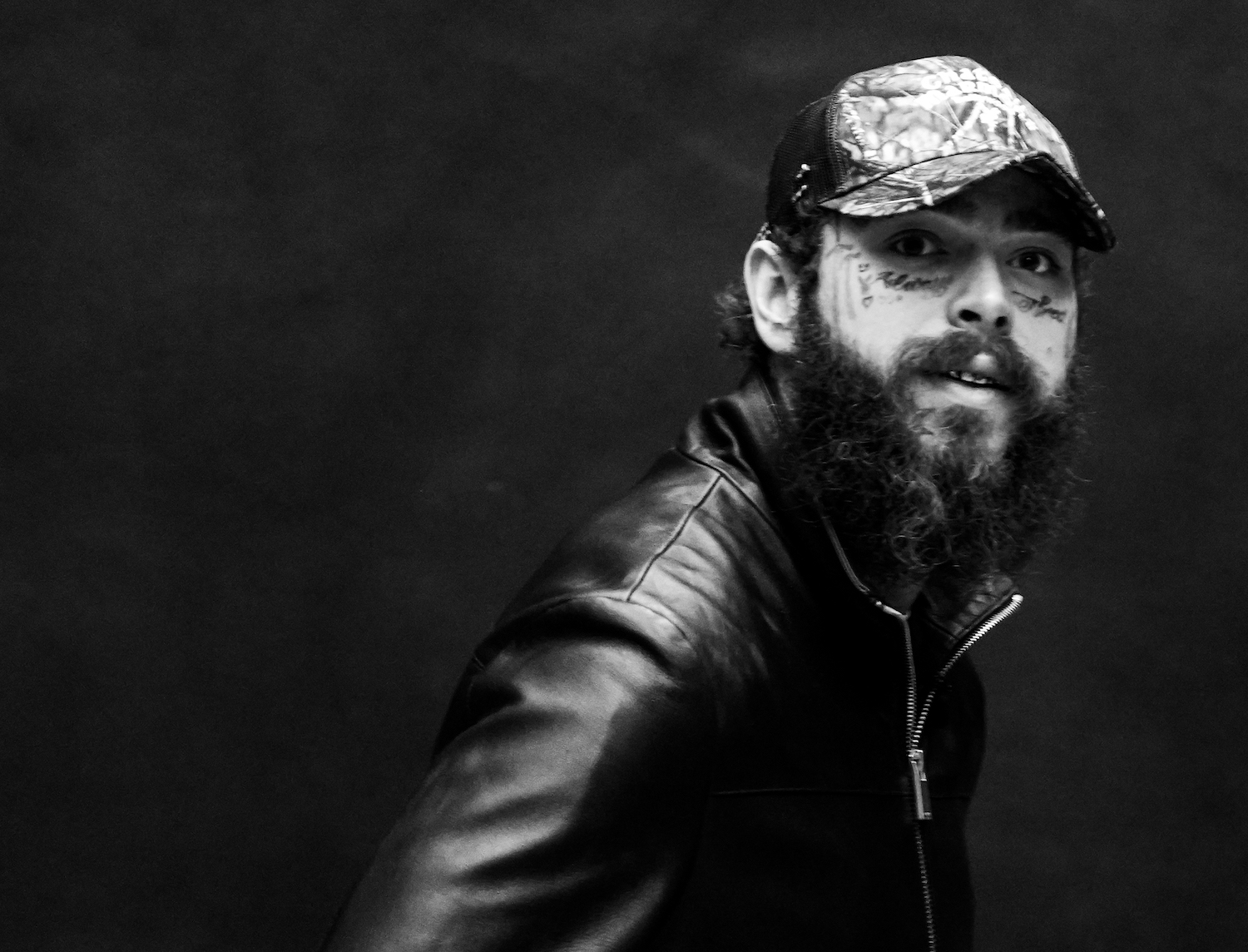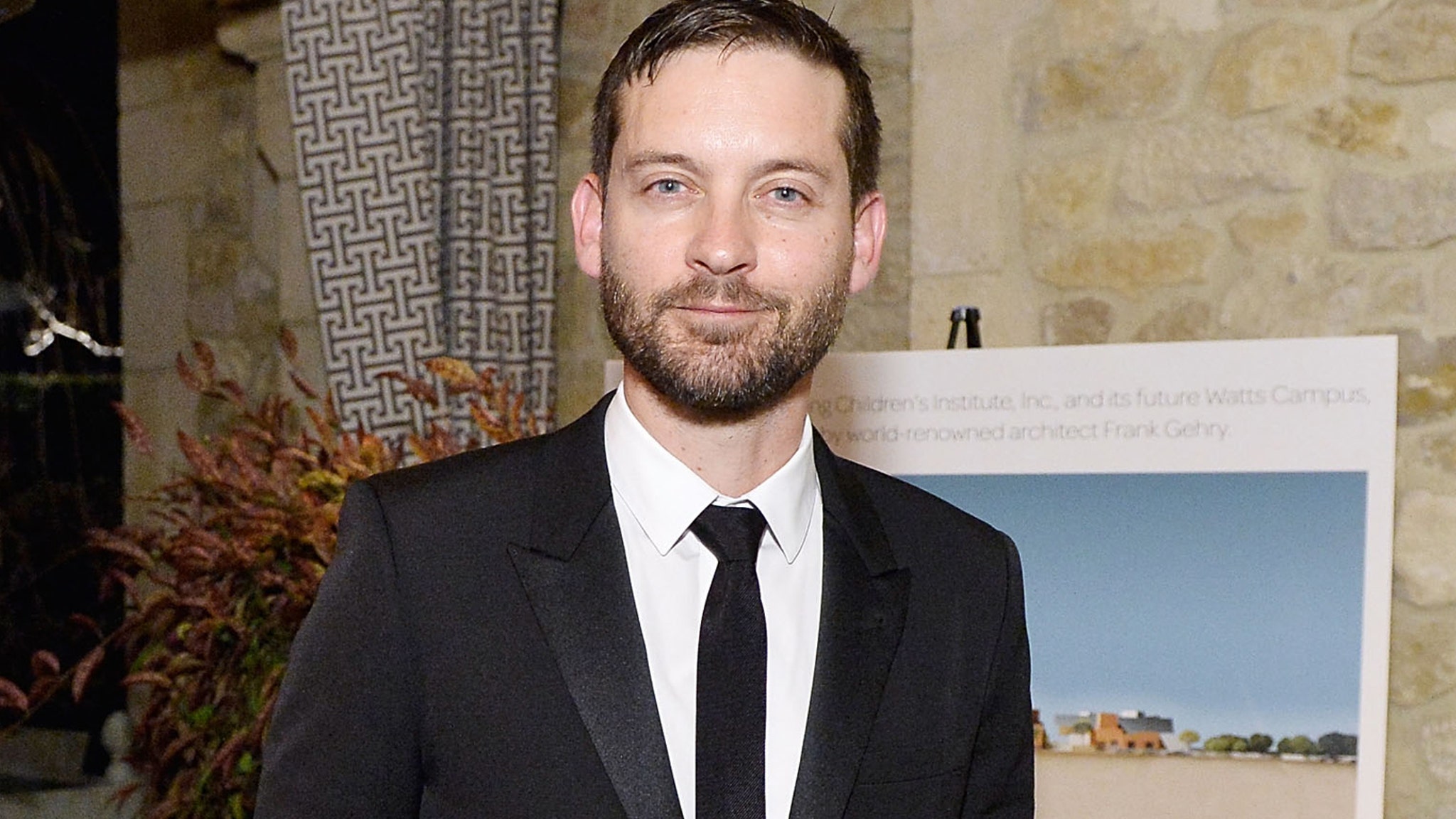As Three Women concludes its 10-episode run on Starz, DeWanda Wise is still unpacking her character Sloane’s emotionally-charged journey.
The actress, who stars in Lisa Taddeo‘s limited series adaptation of her 2019 book, explained to Deadline that despite the successful, sexually-active character’s seemingly liberated life of polyamorous adventure, Sloane “is everybody.”
“Nothing about Sloane felt free to me. And it’s interesting that people felt that way,” said Wise. “I think my intention going into the series was to peel back this layer of what we feel like we see on social media. At face value, you’re like, ‘This is really aspirational.’ But as the series goes on, you dive more into her life and see how she became who she became.”
Sloane and her husband Richard (played by Blair Underwood) convey the lives of a power couple with a happy family. But what most don’t know is that the couple frequently welcomes others into their bed, a dynamic Wise found easy to explore with her onscreen husband.
“We were just such natural kindreds, like we are as human beings and as artists. We both have a sort of sixth sense for what’s sexy,” she raved of Underwood. “So, it was just delightful. All the fun that you can feel and all the sexiness that you can feel from our work was real because we were just having a good time and being present. I think we’re both just generous all-in kind of actors.”

DeWanda Wise and Blair Underwood in Three Women. (Starz)
In seeking romance with another unavailable man, Will (Blair Redford), and attempting to bring their partners in on it, Sloane ultimately ruins both their relationships.
Sloane reaches a healing moment for herself and her marriage in the finale, demanding she be loved for all her flaws while embracing Richard in a messy, but endearing final sex scene.
“I think I like if there is a moment in the series that I, DeWanda, felt the most deeply, it was that one, just the simple truth that we all deserve to be loved and forgiven,” explained Wise. “And we’re in a really oddly punitive and judgmental moment, like we’re in a deeply punishing time just historically, and it’s really bizarre and very frightening. And I think my work, overall part of my capital ‘P’ purpose is permission and it is freedom, it’s liberation. What does true liberation look like?”
Three Women stars Shailene Woodley as writer Gia, who travels the country and connects with three women (Wise, Betty Gilpin and Gabrielle Creevy) going through radical changes in their lives.

Blair Redford and DeWanda Wise in Three Women. (Starz)
Although Sloane was based on an anonymous source, Wise took her story as seriously as any other real person. “I know she’s fierce but she’s still a human being,” she explained. “So, there is a level of protection I have when I’m playing someone who’s based on an actual person.”
Read on about DeWanda Wise’s emotional journey playing Sloane in Lisa Taddeo’s Three Women, now available to stream on the Starz app.
DEADLINE: Tell me about working with Lisa on translating her book to the screen and bringing Sloane to life.
DEWANDA WISE: I think that at the inception of it, something I’m very grateful for and I continue to be grateful for is finding collaborators who are actually collaborative. It’s one of those things where I think a lot of artists are like, ‘yes, I’m collaborative’ and they’re just not and I would rather you just say that from the top, that I know it’s a dictatorship, you know. but Lisa kind of from day one, it was just this this kismet experiences of being consistently inspired and building on that inspiration, you know, like she created this very sacrificial actually, when I think about it in those terms, like just traveling the country, you know, immersing herself in the lives of these women. So she really just set the foundation and the bedrock on which we could all just continue to build, and everything you see reflected in Sloane’s story is a composite of so many women, like all the women in our crew too, who we’re just consistently inspired by, not just what was on the page already in the book, but then in the scripts. So then you had the collaboration of Chisa Hutchinson and Tori [Sampson] who really stepped in and helped sculpt Sloane. So, she is everybody, Sloane is everyone.

DeWanda Wise in Three Women. (Starz)
DEADLINE: How did it feel playing such a liberated woman who owns her own business and she’s in a very modern relationship and just goes for what she wants?
WISE: I, and my crew would feel the same way, I don’t think Sloane is liberated. I never saw Sloane as free. Sloan isunder the thumb of the approval of her mother. She is still a Black queer woman in a very affluent and white town where her business, in my mind, after the series, her business takes a hit. The rumor mill that can happen really takes a sizable impact. And then also just experientially, she’s battling an eating disorder. And to even play her, I had to reach the weight to play Sloane and then maintain that weight over 10 months plus, which was not great. It was not my favorite thing to do. And then getting my nails done every week, nothing about Sloane felt free to me. And it’s interesting that people felt that way. I think my intention going into the series was to peel back this layer of what we feel like we see on social media. At face value, you’re like, ‘Oh yes, this is really aspirational.’ But as the series goes on, you dive more into her life and see how she became who she became, when you get to episode three, and then furthermore, like what it costs to maintain this level. I mean, for me, it’s a no, but I love that people found her aspirational.
DEADLINE: I absolutely get what you’re saying. I guess the idea of just being sexually open feels liberating to most people in middle America.
WISE: Oh, absolutely. I think sexually, even being in pursuit — and that’s what makes the show radical — being in pursuit of what you want unequivocally and unapologetically is such a jarring thing to see, especially for anyone in any marginalized community. It’s just like we are just not acculturated to not be immensely sacrificial. So, I think just seeing a woman who is like, “I want what I want and I choose that first above any and everything else,” it’s a debate whether or not that is true freedom. I would say it’s not, but it’s certainly still shocking in a way that also makes me laugh and I also find amusing.
DEADLINE: Tell me about building the relationships with Blair Underwood and that dynamic.
WISE: Something I haven’t said yet, when we were filming, the first day was a nor’easter. literally a nor’easter. I’m looking at Blair Redford and I’m about to blow away. It was so silly. So we had to restructure that day. So on day one, we shot that bathroom intimacy scene. That was the first day. We were not planning to do that, but there we were. And it was just easy. Sometimes, when you’re working and you’re pretending to be with someone, it takes a little more effort, and I am such a creep, so I try to learn about people before I start working with them. I listen to interviews. And I think what happened with Underwood is, we were just such natural kindreds, as human beings, as artists. We both have a sort of sixth sense for what’s sexy. We’re both very much filmmakers, in addition. We’re not just those actors who are like, “Call me when it’s time for me to be on set.” We enjoy being on set to make sure that all the elements are playing well together. So it was just delightful. All the fun that you can feel and all the sexiness that you can feel from our work was real because we were just having a good time and being present. I think we’re both just generous all-in kind of actors.

Shailene Woodley and DeWanda Wise in Three Women. (Starz)
DEADLINE: I also loved finally seeing her open up to Shailene’s character. Tell me about that dynamic and why she finally agrees to do the book.
WISE: I think she wants a place to — because she’s so restrained and she spent a life of restraint, however long it took, there was the recognition that Gia [gave] was a soft place to land and a safe ear. Even though her story was going to be published, I still have no idea who real Sloane is. I don’t know who this woman is. And so I think there’s just something, whether people have really close friends, which as we can tell in the story, Sloane has one friend. Female friendships are not her strong suit. And so it was just meeting this other woman who was equally as messy, equally as complicated. and right place, right time. There was a function I think that they served in each other’s lives at that particular junction. And especially when you get to episode 10, by the time you reach the end of the series, it’s like that sense that you don’t have anything left to lose. It’s like everyone in her small town knows who she is now. That’s the part I think that’s liberating. I think it’s always liberating to have spaces in your life, whether that’s a person or whether it’s literally a place where you can be fully and authentically yourself. It’s so important and I think increasingly rare, unfortunately.
DEADLINE: I also loved her monologue during that final sex scene, that moment of self-affirmation and self-love. Tell me about finding that healing moment throughout this mess that they’ve made.
WISE: I think if there is a moment in the series that I, DeWanda, felt the most deeply, it was that one, just the simple truth that we all deserve to be loved and forgive And we’re in a really oddly punitive and judgmental moment, like we’re in a deeply punishing time just historically, and it’s really bizarre and very frightening. I think my work, overall, part of my capital ‘P’ purpose is permission, and it is freedom, it’s liberation. What does true liberation look like? And so, I still remember filming it. I can still feel it, as you can tell, in my body what it feels like to be like, “Look, I know I am imperfect, but that doesn’t mean that I’m not deserving of love and you’re going to love me. You promise to love me, so you’re going to love me.”

Betty Gilpin, DeWanda Wise, Shailene Woodley and Gabrielle Creevy in Three Women. (Starz)
DEADLINE: The one shot of you, Shailene, Betty and Gabrielle in the hospital at the end, is that the only time that you have met throughout all of this?
WISE: What’s ridiculous is, we all met because they have a cast dinner before we start filming. And so, the entire time, Betty and I are corresponding. We instantly recognized that we were kindreds, and [we have] nothing together in the series, but I probably talked to her the most out of anybody. But yeah, hat’s the only time in the series that all of our characters overlap. … There’s a ton of artistic overlap between Miss Betty Gilpin and I.
DEADLINE: I know you said you don’t know who the real Sloane is, and that makes sense. But did Lisa happen to relay whether or not the real Sloane has seen the show?
WISE: No, and I didn’t think to ask, and now I will ask her. That’s so funny. No, I never asked. … There’s definitely an added pressure there, because you’re just like, “No guys, this has to be a real human being because this is a real human being.” There was a moment where, I don’t know what was happening that day, but Sloane’s child is in the hospital and her child has never been in the hospital, and Sloane is on some f—girl shit at the moment. There’s all these elements at play, she’s feeling guilty and the whole bit. We were shooting that day and someone was like, “I don’t think Sloane cries.” And I was like, I know she’s fierce but she’s still a human being. I can modulate it. I don’t have to give you soap opera tears. But her daughter’s in the hospital, and she feels enormously guilty in this moment, and her daughter’s in the hospital. So there is a level of protection I have when I’m playing someone who’s based on an actual person.

















